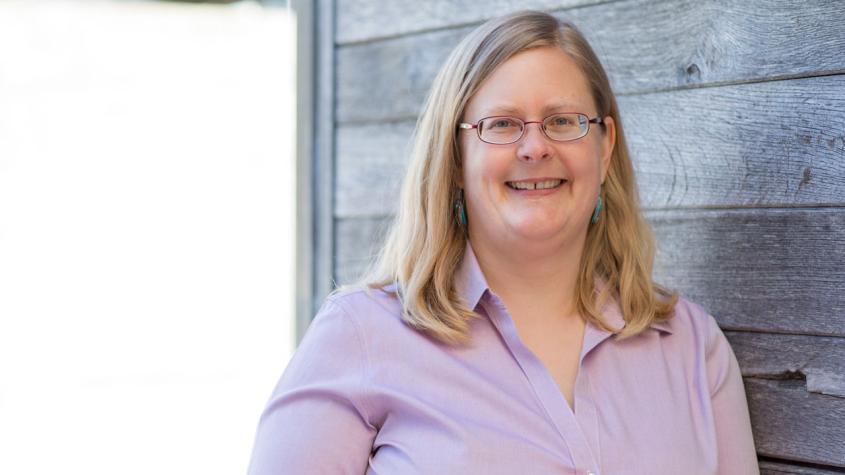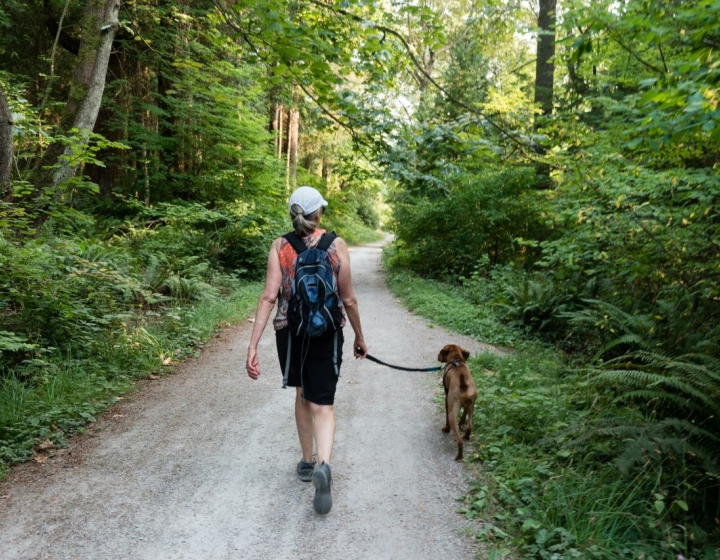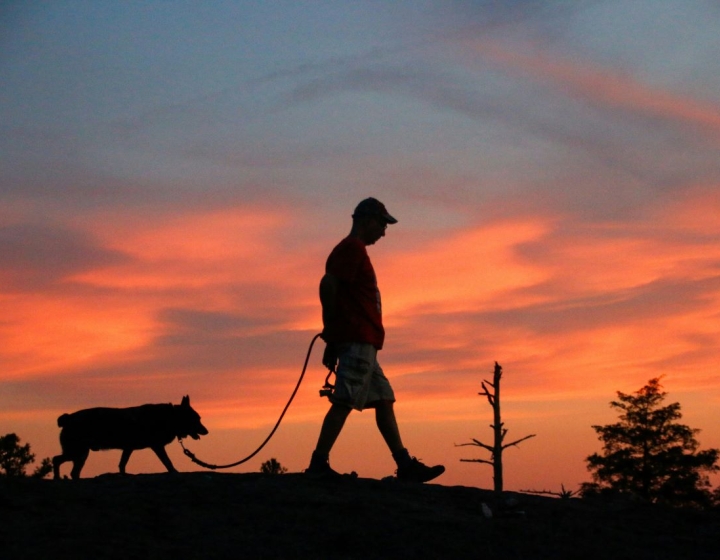New faculty profile: Dr. Katharyn Mitchell
The Cornell University College of Veterinary Medicine (CVM) has recently welcomed many new faculty members to our academic departments, each one bringing a unique set of skills and experience that enriches our college every day. In this Q&A series, you'll get to know their interests, expertise and more.
Dr. Katharyn Mitchell, assistant professor in the section of large animal internal medicine
Q: What has been your academic/career path leading up to Cornell?
A: I graduated from Massey University in 2003, with internships in equine medicine and surgery at the University of Sydney (2003) and University of Melbourne (2004-2005). I spent 18 months in private practice in Australia before my residency at Cornell (2007-2010) in large animal internal medicine. I then returned to private practice in Australia for three years before moving to Switzerland for a Ph.D. position at the University of Zurich in 2013. My Ph.D. in equine cardiovascular medicine was completed in 2018 and I was working at both the University of Zurich and Bern as a senior clinician in equine medicine/cardiology for 2018-2020. Then I was lucky enough to be offered this position at Cornell in early 2020, but wasn’t able to start until September 2021 due to the pandemic.
Q: What drew you to CVM?
A: The way Cornell supports people in becoming the most successful versions of themselves.
Q: What is your area of expertise?
A: I enjoy all aspects of large animal medicine. However, my special interests involve cardiology and emergency/critical care, especially the role of the cardiovascular system in systemic disease.
Q: What drew you into this area? Any specific experiences, mentors, influences that helped guide you?
A: I have always loved the heart; it is my favorite organ. My mum was a critical care/coronary care nurse and taught CPR in our local community. She taught me CPR when I was four and I’ve been hooked on the heart ever since.
I’ve been lucky enough to have had some amazing mentors throughout my career, at high school, throughout veterinary school and during my various internships, time in practice, residency and Ph.D. training. I have learned so much from all of them and they inspire me to be a better veterinarian, researcher and teacher.
Q: What past professional work are you most proud of and why?
A: I’m most proud of my electrocardiogram (ECG) interpretation book that was published last year and for helping improve the interpretation of exercising ECGs, making it easier to identify arrhythmias that occur at higher heart rates by using graphical methods to analyze the ECG. I also love sharing what I’ve learned with my peers and colleagues at national and international meetings.
Q: What about your clinical work or teach innovations are you most excited for or proud of and why?
A: I’m very excited for the future of equine cardiology. We are really pushing the envelope for what we know and understand about cardiovascular diseases that affect the horse and there are some very innovative therapeutic options becoming available as we translate what we know from human medicine across to equine medicine.
I’m also excited to share my passion for veterinary medicine with the next generations of veterinarians, particularly as we navigate some of the really big issues facing our profession. This includes encouraging students to consider or reconsider equine medicine as a career path, improving retention of equine veterinarians and finding that elusive work-life balance that is the holy grail of veterinary medicine and a key to long-term professional sustainability.
Q: What impacts or applications do you hope to see your work have on the world, human/animal/planetary health?
A: I hope that I can be involved with improving the safety of equine sports for both the animals and their humans through better understanding, diagnosis and treatment of cardiovascular diseases that have potentially dangerous consequences.
I also hope that we can optimize our treatment strategies for sick animals to improve outcomes but still remain affordable, balancing what’s best for the animal with any budget considerations.
Q: What clinical/scientific questions are you looking to answer next or areas you plan to explore?
A: My research will continue to work on tools for improving arrhythmia diagnosis, understanding the mechanisms for arrhythmia and hopefully bring state-of-the-art therapy options to horses with arrhythmias here in the U.S. I also have some projects looking at optimizing fluid therapy in horses and the role of the cardiovascular system in systemic illness.
Q: What’s something most people don’t know about you?
A: Most people know about my love for the outdoors – especially New Zealand, Alaska and the Swiss Alps. Maybe they don’t know that I also love dance – especially tap dancing!
Q: What’s the best part of being a clinician/scientist?
A: Putting the pieces of the puzzle together to solve a tricky case, developing relationships with the animals and their owners, and using my research to try and push veterinary medicine forward, even just a little bit.
Q: What’s the most challenging part?
A: Constantly having to explain to owners why their bills are growing exponentially. I hate knowing that this will put the owners under more financial pressure, especially with all the other uncertainties our lives have right now. Frequently having finances be a limiting factor in the treatment options or outcomes of a patient is heartbreaking.
Q: What are the benefits of working at CVM? At Cornell?
A: Cornell is an amazing family, full of supportive people who only want to help others be successful. The resources that are available to help in this process are pretty wonderful, but it’s the people that are so special.






